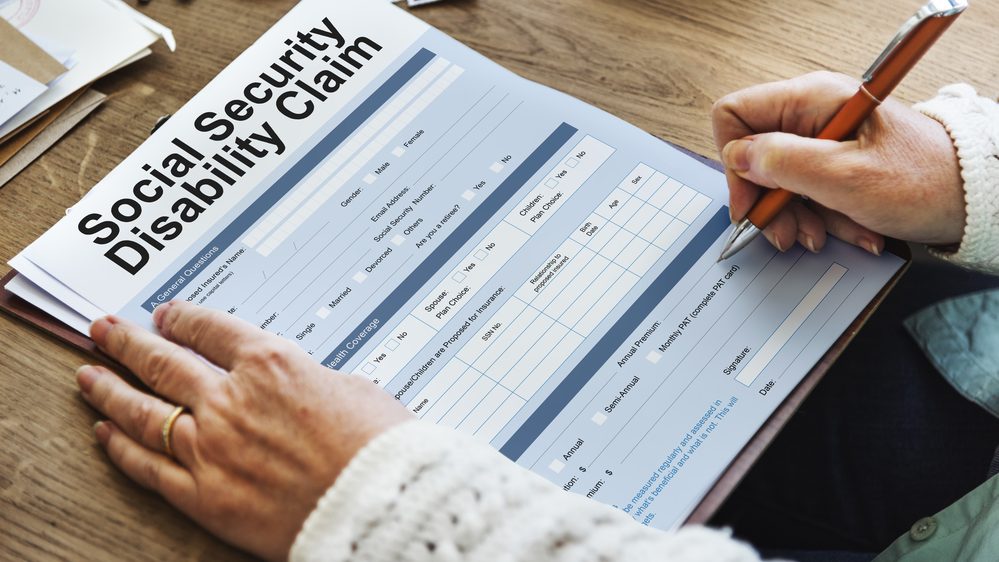If you think you suffer from a mental illness that qualifies you for Social Security Disability (SSDI) benefits, then you owe it to yourself to apply for benefits. Be aware, though: trying to prove mental illness is often an uphill battle and is a LOT more difficult than a physical impairment. This is due to a number of reasons. For one thing, mental illness doesn’t always present itself on a steady basis, which means that it can much harder for a professional to spot and diagnose. Also, many people are biased against mental illness, believing that many of those who claim to suffer from it are exaggerating or outright lying. For reasons like this, proving mental illness can be a difficult struggle.

What Is Substantial Gainful Activity?
To initially qualify, you first have to prove that you are unable to work at or over the SGA (Substantial Gainful Activity) for at least a year due to your mental condition. The SGA is a dollar amount set by the SSA that acts as a benchmark (in 2016, the SGA was set at $1,130 a month).
How To File Listing of Impairments
If you meet this basic SGA requirement, the SSA will then review your case to see if it meets one or more pre-existing conditions on file in its Listing of Impairments (known as the “Blue Book”). This list contains a collection of impairments that are considered severe or debilitating enough that someone who suffers from one or more of them should pretty much be automatically qualified for benefits, as long as a basic set of requirements is met. The Blue Book spells out in detail the criteria that have to be met for each disability on the list. Items on the list include things like schizophrenia, anxiety-related disorders (like PTSD), autism, or affective mood disorders.
Mental Residual Functional Capacity (MFRC)
If you don’t meet the specific requirements of an impairment as spelled out in the Blue Book, your case is not over yet. The SSA will still consider your case by assessing your mental residual functional capacity (MFRC). The MFRC is a measure of how much you are actually able to handle (mentally or emotionally) while working full-time. If the SSA determines you aren’t able to cope with the stress of a job, then you will be approved for benefits regardless of how you match the criteria as stated in the Blue Book. For this, medical and work records are crucial, as well as evaluation by a mental health professional.

If, after all this, it is determined that you do indeed suffer from a mental illness, one that prevents gainful employment, then you are well on your way to being approved for SSDI benefit. There are other parts to the process as well, but we hope that this basic run-down gives you at least an insight into how this particular aspect of Social Security works.


